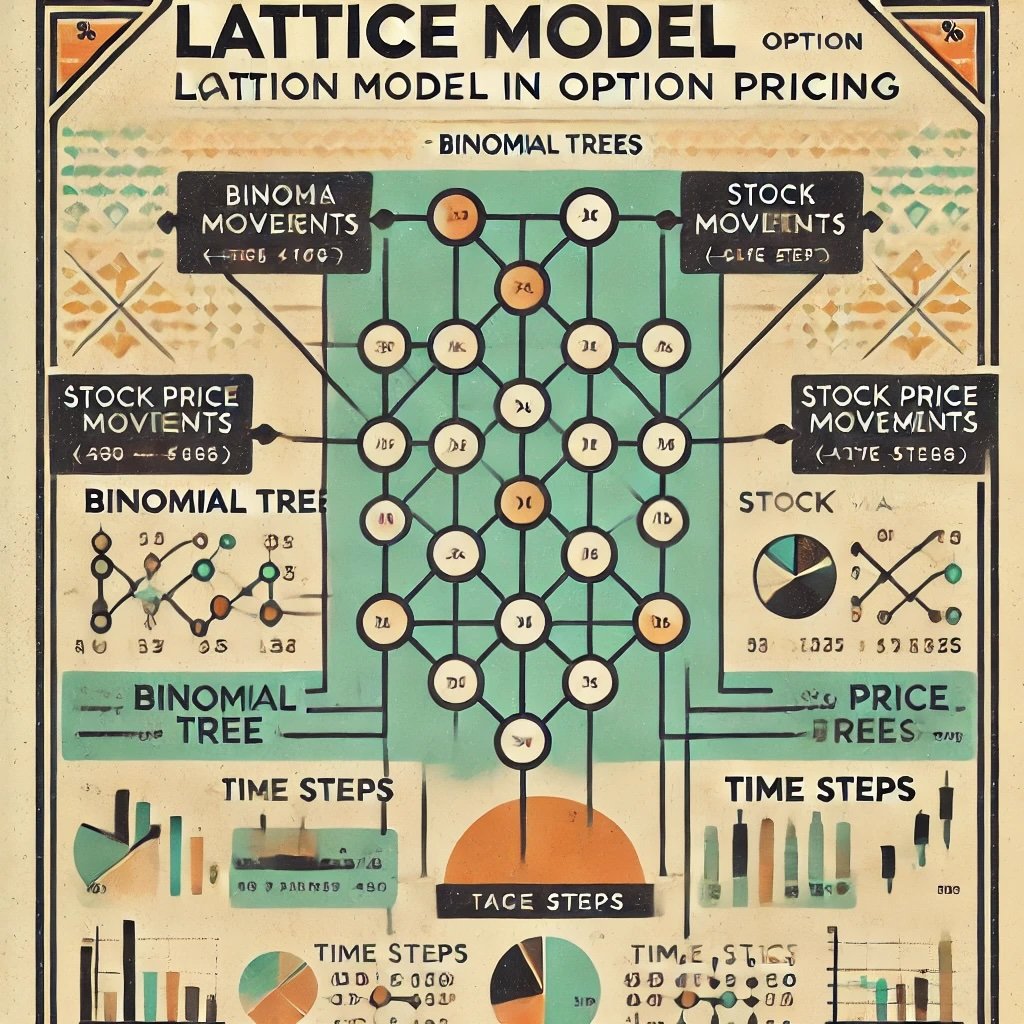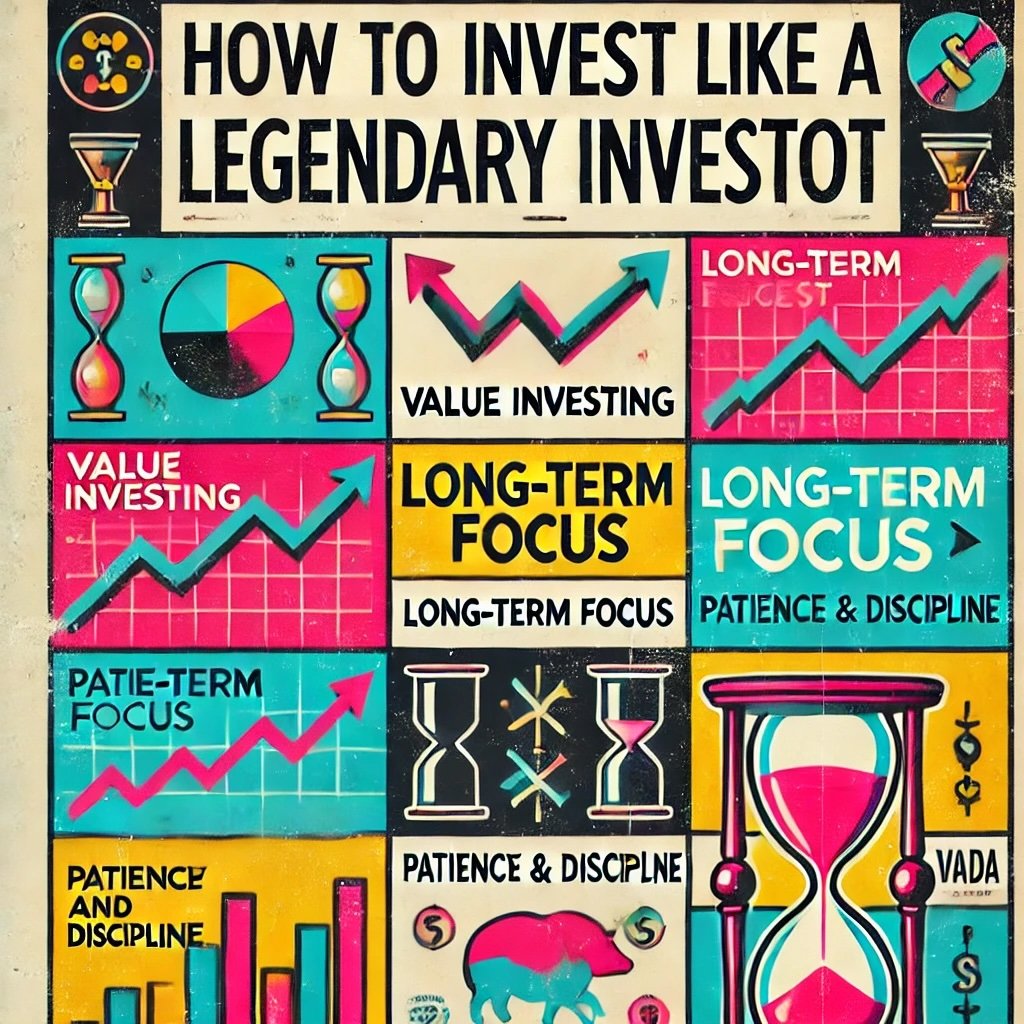Market capitalization (market cap) weighted strategies are a commonly employed investment approach that seeks to emulate the performance of a specified index. This strategy involves constructing a portfolio of stocks with the same weightings as their respective market cap values. Market cap, which is determined by multiplying the current stock price by the number of outstanding shares, serves as a gauge of a company’s worth.
Market cap weighted strategies are of utmost importance to investors as they allow for broad market exposure, be it in a specific stock market or sector, without the need to choose individual stocks. This makes it a preferred strategy for passive investors who desire long-term returns by holding a diverse portfolio of stocks that mirrors the overall market.
This article aims to explore the advantages of market cap weighted strategies, as well as the criticisms of this approach. Furthermore, real-world examples of successful market cap weighted strategies such as the S&P 500 and the MSCI World Index will be examined to highlight their effectiveness as investment tools.
Market Cap Weighted Strategies Pros
Market cap weighted strategies, also known as passive investing, have gained popularity in recent years as a cost-effective and diversified investment approach. This section will explore the advantages of market cap weighted strategies in more detail.
Broad Market Exposure:
One of the main advantages of market cap weighted strategies is that they offer broad market exposure. This means that investors can gain exposure to a diversified range of companies and industries without the need to pick individual stocks. For example, an index fund that tracks the S&P 500 provides exposure to 500 of the largest companies in the US stock market. This diversification helps to mitigate risk and reduce the impact of individual company performance on overall portfolio returns.
Low Costs:
Another significant advantage of market cap weighted strategies is that they are typically associated with lower costs compared to actively managed funds. This is because passive investing involves simply replicating the holdings of a market index, without the need for research or analysis of individual stocks. As a result, passive funds have lower fees and expenses associated with them than actively managed funds. Lower costs can result in higher returns for investors over the long term, as fees and expenses can eat into returns.
Reduced Turnover:
Market cap weighted strategies also tend to have lower turnover than actively managed funds. This is because passive funds are designed to track a specific market or sector, and therefore require fewer changes to their holdings. Reduced turnover can result in lower transaction costs and can also lead to a more tax-efficient portfolio. When stocks are bought and sold frequently, it can lead to higher transaction costs and increased tax liabilities.

Diversification:
Market cap weighted strategies provide investors with diversification across multiple stocks and sectors, which can help to reduce portfolio risk. Diversification can also provide opportunities for investors to benefit from different trends and economic cycles across various industries. For example, a passive fund that tracks the technology sector can provide exposure to companies across the hardware, software, and internet industries, which can help to reduce the impact of any single company’s performance on overall portfolio returns.
Despite these advantages, market cap weighted strategies are not without criticisms. In the next section, we will explore some of the criticisms of this approach.
Overall, the advantages of market cap weighted strategies make them a compelling investment option for passive investors who are seeking broad market exposure at a low cost, with the added benefit of diversification and reduced turnover.
Market Cap Weighted Strategies Cons
Market cap weighted strategies, also known as passive investing, have gained popularity in recent years as a cost-effective and diversified investment approach. While market cap weighted strategies have many advantages, they are not without criticisms. This section will explore some of the criticisms of market cap weighted strategies in more detail.
Over-Reliance On Large Companies:
One of the main criticisms of market cap weighted strategies is that they can lead to an over-reliance on large companies. Since market cap is determined by multiplying the current stock price by the number of outstanding shares, companies with high stock prices and large numbers of outstanding shares will have a larger weighting in the index. This means that the performance of the index will be heavily influenced by the performance of these large companies. As a result, market cap weighted strategies may not provide investors with exposure to smaller, potentially high-growth companies.
Concentration In Certain Sectors:
Another criticism of market cap weighted strategies is that they can lead to concentration in certain sectors. Since market cap weighted strategies track a specific market or sector, they may be heavily weighted towards a particular industry. For example, an index fund that tracks the S&P 500 will have a significant weighting in the technology sector due to the large market cap of companies like Apple, Microsoft, and Amazon. This concentration can result in higher risk for investors if that sector experiences a downturn.
Lack Of Flexibility:
Market cap weighted strategies are also criticized for their lack of flexibility. Since passive funds are designed to track a specific market or sector, they are limited in their ability to respond to changes in the market. For example, if a new technology trend emerges that is not represented in the index, investors in a market cap weighted strategy may miss out on potential returns.

Valuation Concerns:
Finally, market cap weighted strategies are criticized for their potential valuation concerns. Since market cap is based on the current stock price, companies that are overvalued may have a larger weighting in the index than they should. This can result in a market cap weighted strategy being heavily weighted towards overvalued stocks, which can lead to poor performance over the long term.
While these criticisms of market cap weighted strategies are valid, it’s worth noting that there are ways to address them. For example, investors can combine market cap weighted strategies with other strategies, such as factor-based investing, to reduce concentration in certain sectors or mitigate valuation concerns.
In conclusion, market cap weighted strategies have many advantages, but they are not without criticisms. As with any investment strategy, investors should carefully consider their investment goals and risk tolerance before deciding whether market cap weighted strategies are right for them.
source: Michael Jay – Value Investing on YouTube

Market Cap Weighted Strategies: Popular Passive Indexes
Market cap weighted strategies, also known as passive investing, have become increasingly popular in recent years due to their low costs and diversified exposure to broad market indices. This section will explore real-world examples of successful market cap weighted strategies.
S&P 500 Index Fund:
One of the most popular market cap weighted strategies is an index fund that tracks the S&P 500, a market index that represents the performance of 500 large companies in the US. The S&P 500 Index Fund has consistently provided investors with broad market exposure and has delivered strong returns over the long term. For example, the average annual return of the S&P 500 over the past 50 years has been around 10%, which has outperformed the majority of actively managed funds.
MSCI World Index Fund:
Another successful market cap weighted strategy is an index fund that tracks the MSCI World Index, which is a market index that represents the performance of stocks in developed markets across the world. The MSCI World Index Fund has provided investors with global diversification and has delivered strong returns over the long term.
NASDAQ-100 Index Fund:
Another popular market cap weighted strategy is an index fund that tracks the NASDAQ-100 Index, a market index that represents the performance of 100 of the largest non-financial companies listed on the NASDAQ stock exchange. The NASDAQ-100 Index Fund has provided investors with exposure to fast-growing technology companies, such as Apple, Amazon, and Microsoft. .
FTSE 100 Index Fund:
A market cap weighted strategy that tracks the FTSE 100 Index, which is a market index that represents the performance of 100 large companies listed on the London Stock Exchange, has also provided investors with strong returns. The FTSE 100 Index Fund has delivered decent returns since the 2008 financial crisis, despite ongoing uncertainty surrounding Brexit and other geopolitical events.
source: The Average Joe Investor on YouTube
Vanguard Total Stock Market Index Fund:
The Vanguard Total Stock Market Index Fund is another successful market cap weighted strategy that tracks the performance of the entire US stock market, including small, mid, and large-cap stocks. This fund provides investors with broad market exposure and has consistently delivered strong returns over the long term.
iShares MSCI EAFE ETF:
The iShares MSCI EAFE ETF is an exchange-traded fund that tracks the MSCI EAFE Index, which is a market index that represents the performance of stocks in developed markets outside of the US and Canada. The fund has provided investors with international diversification and has delivered strong returns over the long term.
Russell 2000 Index Fund:
The Russell 2000 Index Fund is an index fund that tracks the Russell 2000 Index, which is a market index that represents the performance of 2000 small-cap companies in the US. The fund has provided investors with exposure to smaller companies that have the potential for growth and has delivered strong returns over the long term.
iShares MSCI Emerging Markets ETF:
The iShares MSCI Emerging Markets ETF is an exchange-traded fund that tracks the MSCI Emerging Markets Index, which is a market index that represents the performance of stocks in emerging markets around the world. The fund has provided investors with exposure to fast-growing economies and has delivered strong returns over the long term.
iShares U.S. Technology ETF:
The iShares U.S. Technology ETF is an exchange-traded fund that tracks the Dow Jones U.S. Technology Index, which is a market index that represents the performance of companies in the technology sector in the US. The fund has provided investors with exposure to fast-growing technology companies and has delivered strong returns over the long term.
iShares Global Healthcare ETF:
The iShares Global Healthcare ETF is an exchange-traded fund that tracks the S&P Global 1200 Healthcare Index, which is a market index that represents the performance of companies in the healthcare sector across the globe. The fund has provided investors with exposure to companies involved in healthcare research, development, and production, and has delivered strong returns over the long term.
Market cap weighted strategies have proven to be successful investment options for passive investors seeking broad market exposure and strong returns. Real-world examples such as the S&P 500 Index Fund, MSCI World Index Fund, NASDAQ-100 Index Fund, FTSE 100 Index Fund, and Vanguard Total Stock Market Index Fund demonstrate the effectiveness of market cap weighted strategies in delivering consistent returns over the long term.
source: The Average Joe Investor on YouTube
The Pros and Cons of Market-Cap-Weighted Investing Strategies: 12-Question FAQ
1) What does “market-cap-weighted” actually mean?
A market-cap-weighted index assigns each stock a weight proportional to its market capitalization (price × shares outstanding). Bigger companies get larger weights, so the portfolio mirrors the market’s aggregate ownership and evolves automatically as prices move.
2) Why do investors like cap-weighted strategies?
They’re simple, cheap, and tax-efficient. Because they don’t try to outguess markets, costs and turnover are typically low, tracking is straightforward, and investors get broad, rules-based exposure that has historically been hard for many active managers to beat after fees.
3) What are the main drawbacks?
Top-heaviness and crowding risk. As winners get bigger weights, the index can become concentrated in a handful of mega-caps and hot sectors. If leadership reverses, the index may lag more diversified or valuation-aware approaches.
4) Do cap-weighted indexes “buy high, sell low”?
Mechanically, yes. Rising prices increase a stock’s weight; falling prices reduce it. That pro-cyclical feature isn’t a flaw so much as a property of the market portfolio, but it can amplify exposure to expensive segments during bubbles.
5) How concentrated can a cap-weighted index get?
It varies by market cycle. In the U.S., the top 10 names in large-cap indexes have at times exceeded a third of total weight. Sector concentration can also spike (e.g., tech). Investors should monitor concentration and consider guardrails if needed.
6) What about small-cap exposure—do I still get it?
You do, but in tiny doses. Because weights are proportional to size, small-caps represent a small slice of a total-market index. If you want a meaningful small-cap or value tilt, you’ll likely need dedicated satellites alongside your core cap-weighted holding.
7) Are there hidden costs or tax issues?
Cap-weighted funds tend to have low expense ratios and low turnover, which can be tax-efficient in taxable accounts. That said, distributions still happen (e.g., dividends, index rebalances), and international funds may have foreign withholding taxes.
8) How does free-float adjustment matter?
Most modern indexes use free-float market cap (excludes closely held or government-owned shares). This better reflects what’s tradeable and can slightly change weights versus total shares outstanding.
9) What risks do cap-weighted strategies manage well—and poorly?
They manage implementation, trading, and model risk well (rules-based, scalable). They’re less effective at managing valuation, factor, or sector concentration risk; there’s no built-in value discipline or equalization across names or sectors.
10) What are sensible complements or alternatives?
Equal-weight (reduces concentration, increases small-cap tilt, but higher turnover).
Factor/tilt funds (value, quality, momentum, low-volatility) to address valuation or risk characteristics.
Regional/sector caps or maximum position limits to curb top-heaviness while keeping costs low.
11) Who is a good fit for cap-weighted indexing?
Long-term, cost-conscious investors who want broad market exposure, can tolerate periods of concentration, and prefer a simple core building block to pair with targeted satellites (bonds, factors, or alternatives) for total-portfolio balance.
12) How should I implement it in a real portfolio?
Pick low-cost, liquid funds tracking well-known indexes (e.g., total-market or large-cap). Check expense ratio, tracking difference, securities lending policies, and index methodology (free-float, reconstitution rules). Use satellites only where you have a clear objective (e.g., dampen concentration, add value tilt, diversify globally), and rebalance on a set cadence to control risk.

Market Cap Weighted Strategies Final Thoughts
In conclusion, market cap weighted strategies have become increasingly popular among investors due to their simplicity, low costs, and ability to provide broad market exposure. While these strategies are not without criticisms, such as concentration risk and the potential for overexposure to overvalued companies, they have proven to be successful in delivering strong returns over the long term.
Real-world examples such as the S&P 500, the Russell 2000 Index Fund, and the iShares MSCI Emerging Markets ETF have demonstrated how market cap weighted strategies can provide investors with exposure to various market sectors and regions while achieving competitive returns.
However, it’s essential to consider your investment goals, risk tolerance, and portfolio diversification before investing in any market cap weighted strategy. As with any investment approach, it’s important to understand the potential risks and rewards and to consult with a financial advisor before making any investment decisions.
Overall, market cap weighted strategies offer a straightforward and effective approach for investors looking for broad market exposure and long-term growth potential. By weighing companies based on their market capitalization, these strategies can provide a convenient way to invest in a diverse range of companies and sectors, making them a valuable addition to any investor’s portfolio.
Important Information
Comprehensive Investment Disclaimer:
All content provided on this website (including but not limited to portfolio ideas, fund analyses, investment strategies, commentary on market conditions, and discussions regarding leverage) is strictly for educational, informational, and illustrative purposes only. The information does not constitute financial, investment, tax, accounting, or legal advice. Opinions, strategies, and ideas presented herein represent personal perspectives, are based on independent research and publicly available information, and do not necessarily reflect the views or official positions of any third-party organizations, institutions, or affiliates.
Investing in financial markets inherently carries substantial risks, including but not limited to market volatility, economic uncertainties, geopolitical developments, and liquidity risks. You must be fully aware that there is always the potential for partial or total loss of your principal investment. Additionally, the use of leverage or leveraged financial products significantly increases risk exposure by amplifying both potential gains and potential losses, and thus is not appropriate or advisable for all investors. Using leverage may result in losing more than your initial invested capital, incurring margin calls, experiencing substantial interest costs, or suffering severe financial distress.
Past performance indicators, including historical data, backtesting results, and hypothetical scenarios, should never be viewed as guarantees or reliable predictions of future performance. Any examples provided are purely hypothetical and intended only for illustration purposes. Performance benchmarks, such as market indexes mentioned on this site, are theoretical and are not directly investable. While diligent efforts are made to provide accurate and current information, “Picture Perfect Portfolios” does not warrant, represent, or guarantee the accuracy, completeness, or timeliness of any information provided. Errors, inaccuracies, or outdated information may exist.
Users of this website are strongly encouraged to independently verify all information, conduct comprehensive research and due diligence, and engage with qualified financial, investment, tax, or legal professionals before making any investment or financial decisions. The responsibility for making informed investment decisions rests entirely with the individual. “Picture Perfect Portfolios” explicitly disclaims all liability for any direct, indirect, incidental, special, consequential, or other losses or damages incurred, financial or otherwise, arising out of reliance upon, or use of, any content or information presented on this website.
By accessing, reading, and utilizing the content on this website, you expressly acknowledge, understand, accept, and agree to abide by these terms and conditions. Please consult the full and detailed disclaimer available elsewhere on this website for further clarification and additional important disclosures. Read the complete disclaimer here.





